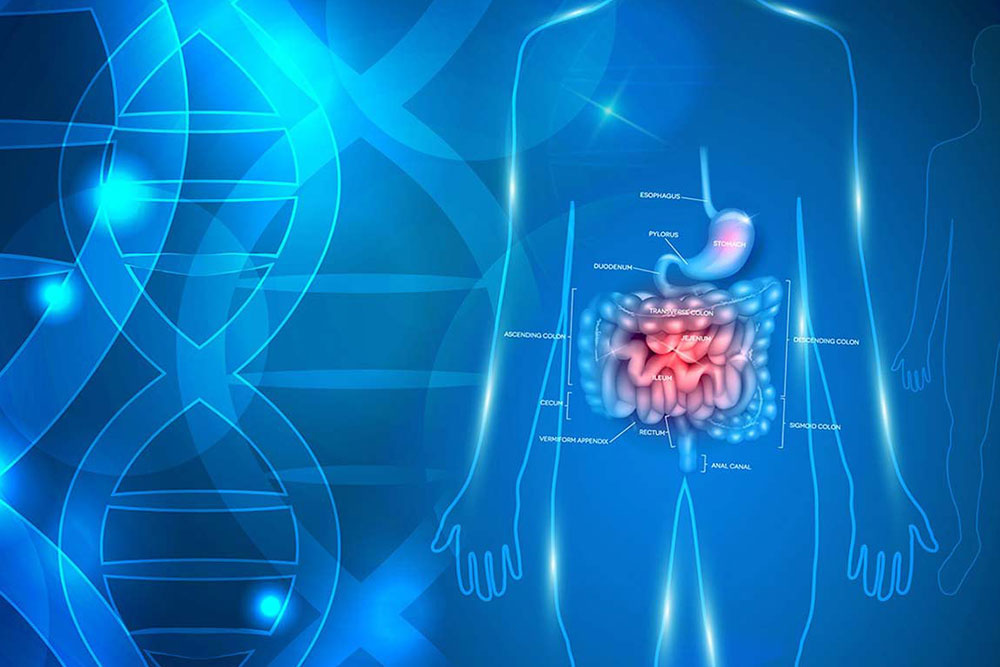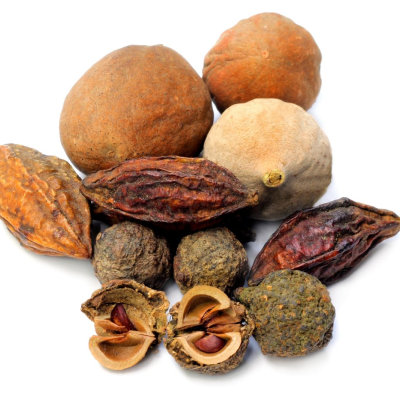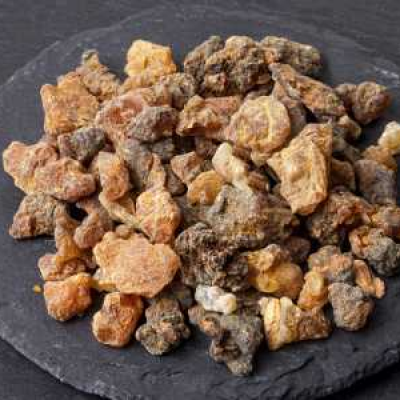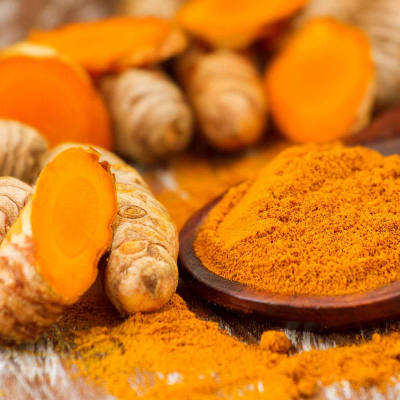- +033 2572 7171
- info@dhanvantary.com

4.5 Rating | 4500 Review

4.5 Rating | 4500 Review
An anal fistula is an abnormal tunnel-like connection between the inside of the anal canal or rectum and the skin near the anus. It often develops from an infected anal gland that doesn't heal properly and creates a chronic, infected tract.

In Ayurveda, an anal fistula is known as Bhagandara, which translates to a "crack or opening around the anal region." Ayurveda describes Bhagandara as a result of imbalances in the body’s doshas (especially Vata and Kapha) and toxins (known as Ama) that accumulate in the anal area, leading to infection and eventually creating the fistulous tract.
Infection or Abscess: When an anal gland becomes blocked, it can lead to an abscess (a pus-filled infection) that creates a path to the outside of the skin, forming a fistula.
Infection or Abscess: When an anal gland becomes blocked, it can lead to an abscess (a pus-filled infection) that creates a path to the outside of the skin, forming a fistula.
Chronic Conditions: Certain conditions, like Crohn’s disease (an inflammatory bowel disease), tuberculosis, or trauma, can increase the likelihood of developing a fistula.
Types vary based on the fistula’s path and which muscles it passes through or around.
Each type varies based on the fistula’s shape, tract, and symptoms.
Ayurvedic treatment for Bhagandara aims to reduce inflammation, remove toxins, and restore dosha balance. This approach typically involves:
Kshar Sutra Therapy: This is an Ayurvedic para-surgical procedure where a medicated thread (Kshar Sutra) is inserted into the fistula tract. The thread slowly cuts through and heals the tract, helping in drainage and promoting healing.
Dietary and Lifestyle Changes: An emphasis on a fiber-rich diet, regular bowel movements, and avoiding heavy, oily foods is crucial. Specific herbs and dietary practices help prevent further infection and support healing.

Triphala improves digestion and supports gentle bowel movement and also helps healing the abscess with its anti -microbial properties.
Preferably Triphala powder or tablet is given with warm water to prevent constipation and help in healing.

Benefits due to its Anti-inflammatory, detoxifying properties, and helps tissue healing.

Benefits: Anti-inflammatory, antimicrobial, helps reduce infection.
Use: Can be taken with warm milk or as a supplement to support healing.
No, a fistula is not typically a sign of cancer. A fistula is an abnormal tunnel between two parts of the body, usually caused by an infection that didn’t heal well, such as an abscess near the anus. However long-standing fistula that has been untreated for years might increase the risk of cancer in that area.
A fistula itself is usually not life-threatening, but it can lead to serious complications if left untreated.
The main risks include recurrent infections, abscess formation, and potential damage to nearby tissues, which can make the fistula larger or more complex over time.
Yes, fistula can recur, depending on its type, underlying conditions, surgical complications, it is important to follow strict diet restrictions.
Here are some simple home remedies that may help support healing of an anal fistula
Yes, an anal fistula can bleed. Bleeding is common, especially when there’s an infection or abscess in the fistula tract. You might notice blood on toilet paper, in stool, or as discharge from the fistula opening on the skin.
The bleeding is usually mild, but if it’s persistent or heavy, it’s important to consult a doctor, as it could indicate an infection or a complication that needs treatment.
